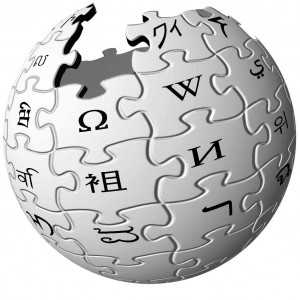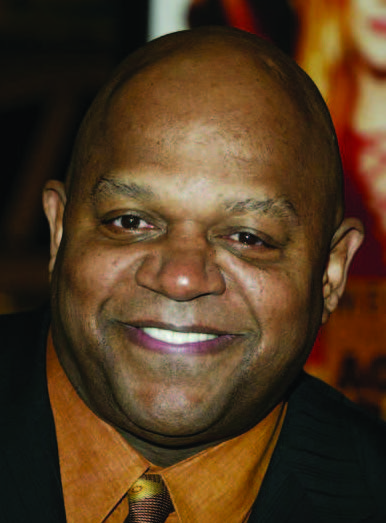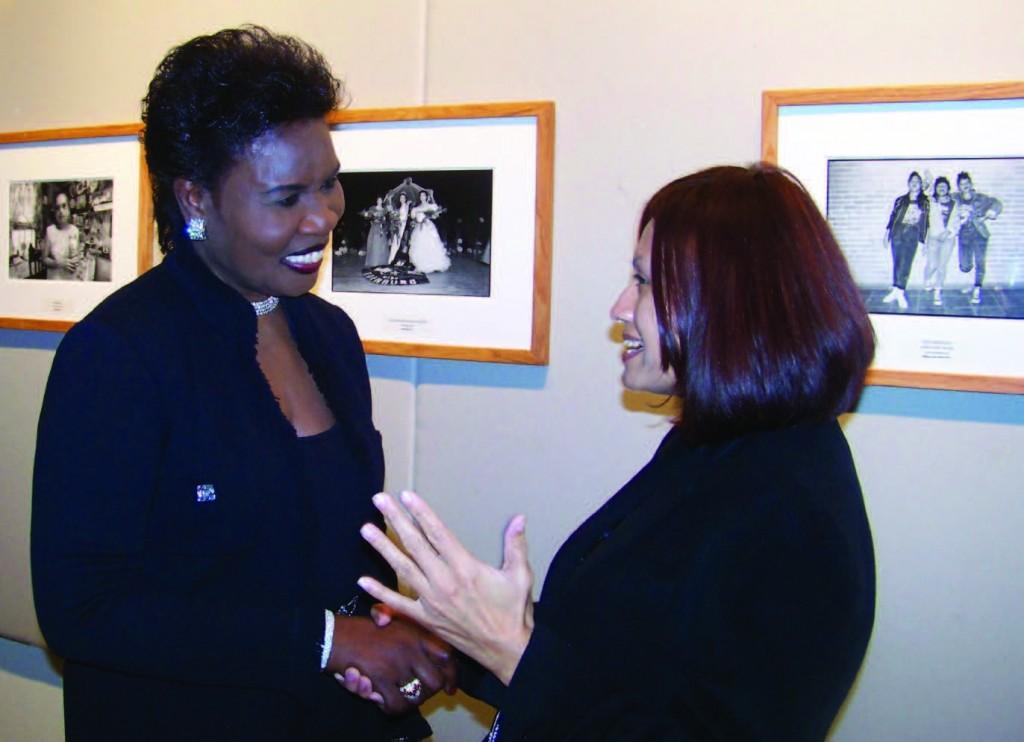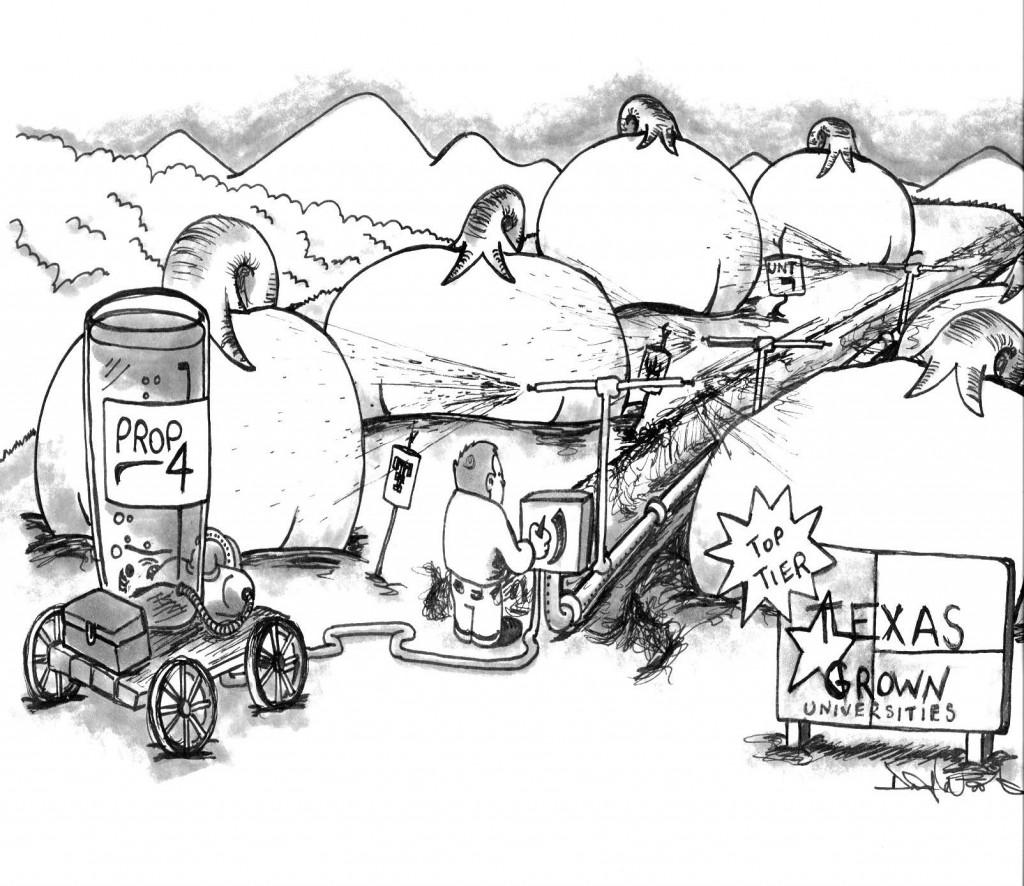By Dea Ozegovic/reporter
 The online encyclopedia “anyone can edit” has changed. Wikipedia.org will no longer offer the characteristic that made it unique.
The online encyclopedia “anyone can edit” has changed. Wikipedia.org will no longer offer the characteristic that made it unique.
Wikipedia’s creators visualized it as a pioneer in effective and efficient Internet searching because so many users reviewing articles daily allowed for a bigger possibility of errors corrected and facts elaborated, according to a Wikipedia press release.
However, when it came time for controversial and arguable subjects, Wikipedia realized its routine might have a more complicated outcome, the release stated.
Areas such as politics, religion, science and economics seemed to bring in opinion-based responses and entries, which made some users consider the information unreliable.
The new system, called Flagged Revisions, would mark a significant change in the way Wikipedia has done things for the past eight years, even though these ways have made it one of the top 10 sites on the Internet, according to The New York Times.
“There is a serious responsibility we have,” said Jimmy Wales, a Wikipedia founder. “We have really become part of the infrastructure of how people get information.”
The idea is that only a select community of reliable users could publish and edit articles automatically. Other users’ comments would be held off until one of these “reliable sources” marks it as publishable, Wikipedia reported.
Wikipedia has not yet determined the approved administrators or how many are needed. With German Wikipedia, which has used the flagged revision system for more than a year, nearly 7,500 people have the right to approve a change. The English version, which has more than three times as many articles, would probably need three times the administrators, to keep order and accuracy.
Lindsey Davis, South Campus English instructor, said the restrictions might bring the Web site more accuracy, but she does not recommend it as a research source for her students.
“The administrators in charge of editing are credible editors to Wikipedia, but are not necessarily professional in the field that is edited,” she said.
Another reason Davis does not think Wikipedia is a reliable source is plagiarism.
“The person adding to the article might be using information from another source, and the administrators that are approving these comments don’t always check the information for other sources,” she said.
However, Davis agrees that Wikipedia is an interesting Web site and a great “jump-off point” for quick information. If a student uses it responsibly, Davis said it could be a helpful tool.
“It’s like a peer review,” she said. “You would never quote it, but it gives you ideas and options.”
The references section on the bottom of each page often includes scholarly sources. These sources can be accessed, and students can use them to further research their subject.
Lynda de los Santos, South Campus librarian for eight years, said Wikipedia is not a reliable source, and even with the restrictions she does not recommend it to students.
“We have over 100 different databases. Students shouldn’t have to use Wikipedia,” she said.
“Within those 100 databases, there [are] millions of articles that students can use.”
Santos suggested students use the encyclopedias that TCC provides, such as Funk & Wagnalls New World Encyclopedia and Worldmark Encyclopedia of the Nations.
“Changing Wikipedia would be better for students worldwide,” she said. “They get used to using it.”
Santos said Wikipedia should change the whole concept of the Web site because it is distracting and misleading to students.
How will college students react to the change? As mostly college students have used Wikipedia because of its wide variety of articles, relatable language and in-depth references on topics. But many fail to realize just how unreliable the sources on the site can be.
Melita Ramadanovic, NE Campus student, said Wikipedia is a great source to start the research.
“The information is straightforward, and it gives you an idea of what it is that you are looking for,” she said.
Though she agrees that it is not the most reliable scholarly source, she said it was a great information engine. Making Wikipedia into a regular encyclopedia will make it lose some of its character and effectiveness that it is known for, Ramadanovic said.
On the other hand, Tenisia Kautai, South Campus student, said making Wikipedia more restricted would add structure and control to the information.
“Because so many people can edit it, you can never know if the information you are reading is fact or opinion,” she said. “Because of the insecurity in its accuracy, I always feel like I have to do more research to verify the information.”




























